After our great deluge of rain last week and three days of temps below 100, (barely below, but I was glad of it anyway), we are back to triple digits again and it seems hotter than before. It is 108 Degrees F out there right now with the heat index seemingly out of control!
I guess the continuing drought is just so bad that the cake is over-baked!
I decided to plant my Leyland Cypress near the patio area on the north side, so of course I had to move the plant that was there and find a new place for it. It was my Double Delight Rose, so I decided to put her in the Rose & Iris garden. When I dug down, I hit something very hard, like a rock or concrete. What the heck is that? So after digging and digging, the sweat pouring down my face and into my eyes, the salt stinging and me getting frustrating, I finally saw what I had hit. It was just the soil. It was dry and hard as a rock! Only 5 inches down, there was absolutely NO moisture and it was HOT! No wonder Double Delight was not doing well this year. In spite of all the hand watering, letting the hose run for 45 minutes and composted manure, etc., she produced a few puny, shriveled blooms.
No WONDER!
The water was not getting down there.
I had to use the Maddox to chop out the ground that normally is good stuff. When a cake is over baked, it turned into something hard and unrecognizable! There you have it!
NO WONDER all my watering has not been doing much good. The water isn't getting down to the roots at all the ground temps are as an oven!
I did get the hole dug out nice and big and refilled it around the Cypress tree with good stuff and a deep top layer of the Scott's Nature Mulch. (That is really good stuff, Maynard!). However, that doesn't cure the problem now does it?
I also discovered this same situation when I set out a new daylily last week in the daylily garden. I dug out two roses and planted them in a new spot, and found the same scenario - 3 inches down I hit hard deadpan and no moisture whatsoever! Hard, dry, hot soil. Nothing but a white looking something on the dead-looking roots. Jeez!
(They are doing much better in their new location, I might add)
There are just too many plants, shrubs and trees all vying for that water on the surface, so none of it ever gets down very far before it gets sucked up. It never makes it down where it needs to be. I have been letting the irrigation run 45 minutes every day in each area and to discover it only gets down 3-6 inches in so disheartening.
NO WONDER!
But, at least I know that it wasn't something I was doing wrong; wasn't feeding them or doing to right what was wrong. There is nothing more I can do.
Everything is looking bad now. This is the 7th week of triple digit temps and a drought that has continued since last June. It was reported that the Native tress in many areas around the state are starting to die. That tells you something.
My corn did not pollinate well, so those big ears are just for show. Nothing much inside them. Good chicken feed is about all. But that is just too much work and expense for it to end this way. All the bush beans burned to death. I pulled them out yesterday. No beans. The Italian beans will be yanked tonight. Their leaves absolutely fried to a crisp.
The only things in the veggie garden that are doing well at this point are the Okra and Jalapenos. The Red and Orange Bell peppers are doing fair under their new covers, but have to be soaked deeply EVERY day. I get a tomato once in awhile. The Tomato plants are blooming like crazy, but too hot to set fruit, even under the shades I put over them. The Romas got devoured by Blister Beetles and just haven't recovered since then. They are turning olive green and do not look healthy at all. They are getting yanked this evening. Even some of the Marigolds had to be yanked.
If I can get the peppers and tomatoes through the summer months, maybe they will put on one big crop this fall when the temps drop. I hope, I hope.
I got one small watermelon, which I harvested yesterday. It is sorta good, but certainly not worth what it cost me to grow it. I could have purchased twenty watermelons from the grocers for what it cost me to grow it! That is just plain sorry!
There are too little musk melons on the vines and I am beginning to doubt that I will see them grow to full size and ripeness. They need so much water and every day.
I am happy for the okra though. I already have enough to last through the winter and thru' to next summer, and it is still doing pretty ding-dang-good!
So, that is my message.
If I wondered why everything was doing so poorly despite all I have done and tried to do for over 7 weeks, the reason became very clear to me yesterday.
The cake is just so over-baked that the moisture cannot get down to the roots.
NO WONDER!!!
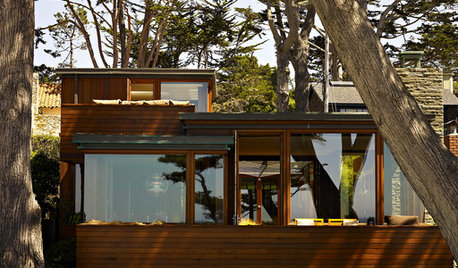
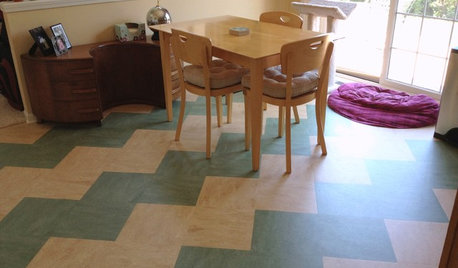
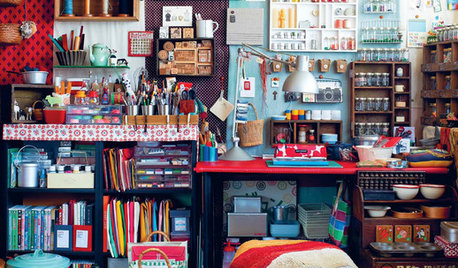
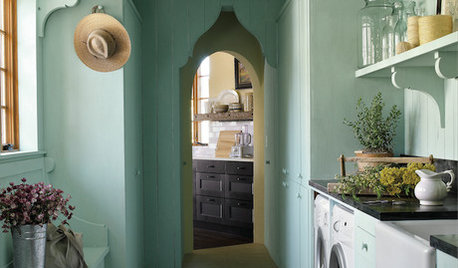
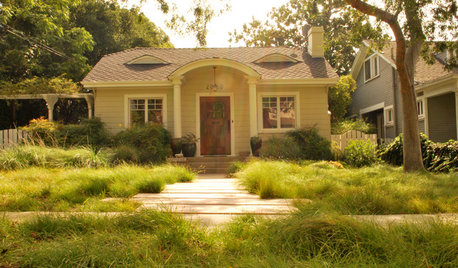

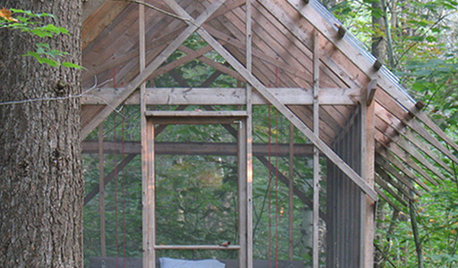








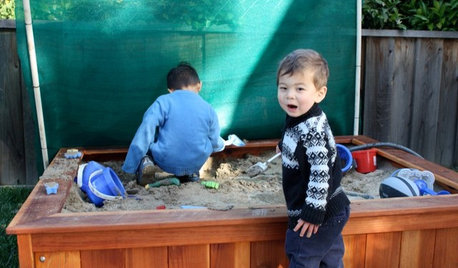
User
AnnieOriginal Author
Related Professionals
Maple Heights Landscape Architects & Landscape Designers · Cincinnati Landscape Contractors · Concord Landscape Contractors · Costa Mesa Landscape Contractors · Kettering Landscape Contractors · Mason Landscape Contractors · Newnan Landscape Contractors · Reedley Landscape Contractors · Tewksbury Landscape Contractors · Thornton Landscape Contractors · Tinton Falls Landscape Contractors · Atlanta Roofing & Gutters · Damascus Roofing & Gutters · Annapolis Siding & Exteriors · Independence Siding & Exteriorsmary_lu_gw
aftermidnight Zone7b B.C. Canada
AnnieOriginal Author
ogrose_tx
crackingtheconcrete
plantmaven
thinman
girlgroupgirl
lavender_lass
aftermidnight Zone7b B.C. Canada
DYH
aftermidnight Zone7b B.C. Canada
AnnieOriginal Author
plantmaven
wren_garden
AnnieOriginal Author
plantmaven
DYH